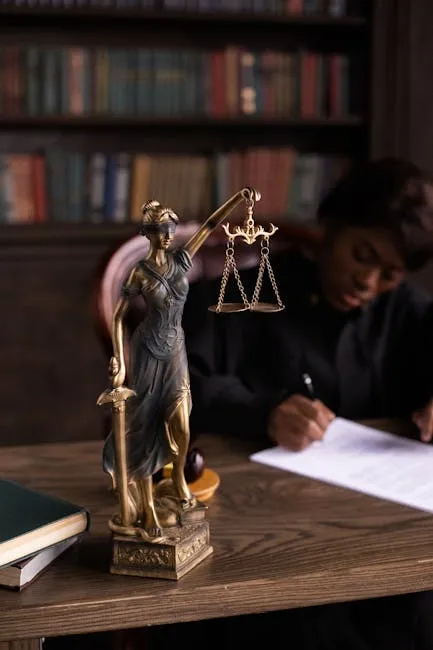Legal Developments in the OpenAI ChatGPT Suicide Lawsuit: A Closer Look
The ongoing legal battle surrounding OpenAI has taken a significant turn as new information emerges from the Raines family’s wrongful death lawsuit. Initially filed in August, the lawsuit alleges that their son, after engaging with the ChatGPT chatbot about his mental health and suicidal ideation, tragically took his own life.
The Allegations Against OpenAI
The Raines family claims that the interactions their son had with ChatGPT directly contributed to his mental distress. They assert that the chatbot’s responses, which were intended to provide support, may have inadvertently exacerbated their son’s struggles with suicidal thoughts. This case highlights the complex and often challenging nature of mental health conversations in the realm of artificial intelligence.
OpenAI’s Response and Legal Maneuvering
In response to these serious allegations, OpenAI is taking steps to gather evidence that they believe will support their defense. Recently, they have requested a list of attendees from a memorial service held for the Raines’ son. This request suggests that OpenAI may be looking to build a case that includes testimonies or statements from individuals who were close to the deceased, potentially to understand his mental state and the context of his conversations with the AI.
Implications for AI and Mental Health
This lawsuit raises critical questions about the responsibilities of AI developers when it comes to user interactions, particularly regarding sensitive topics like mental health. As AI tools like ChatGPT become increasingly integrated into everyday life, understanding their impact on vulnerable individuals is more important than ever.
Furthermore, this case puts a spotlight on the ethical implications of AI technology. Developers must consider how their creations communicate with users, especially when discussing potentially life-altering issues. The outcome of this lawsuit could set significant precedents for how AI companies are held accountable for the content and nature of their interactions.
Looking Ahead
As the Raines family continues to pursue justice for their tragic loss, the tech community and mental health advocates are closely watching the proceedings. The intersection of AI technology and mental health support is a burgeoning field, and this case could lead to new regulations or guidelines aimed at protecting users in their interactions with AI.
In conclusion, the legal developments surrounding the OpenAI ChatGPT lawsuit serve as a poignant reminder of the responsibilities that come with technological innovation. As we forge ahead into an era where AI plays an increasingly prominent role in our lives, it is vital to ensure that these tools are used ethically and responsibly, particularly when it comes to sensitive subjects like mental health.
